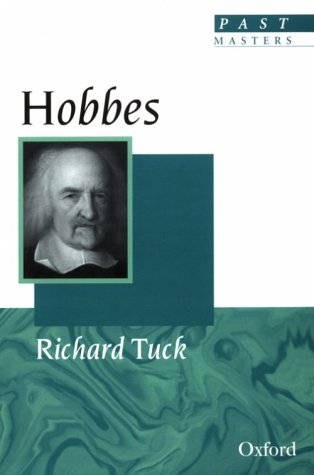Thomas Hobbes (1588-1659) was one of the first great English political philosophers and his book "Leviathan" was one of the first truly modern works of philosophy. He has long had the reputation of being a pessimistic atheist, who claimed that human nature was inevitably evil and who proposed a totalitarian state to subdue human failings. In this study, Richard Tuck shows that while Hobbes may have been an atheist, he was far from pessimistic about human nature, nor did he advocate totalitarianism. By setting him in the context of his age, Dr Tuck reveals Hobbes to have been passionately concerned with the refutation of scepticism in both science and ethics, and to have developed a theory of knowledge which rivalled that of Descartes in its importance for the formation of modern philosophy.
- ISBN10 0192876686
- ISBN13 9780192876683
- Publish Date 18 May 1989
- Publish Status Out of Print
- Out of Print 22 February 2002
- Publish Country GB
- Publisher Oxford University Press
- Imprint Oxford Paperbacks
- Format Paperback (B-Format (198x129 mm))
- Pages 136
- Language English
